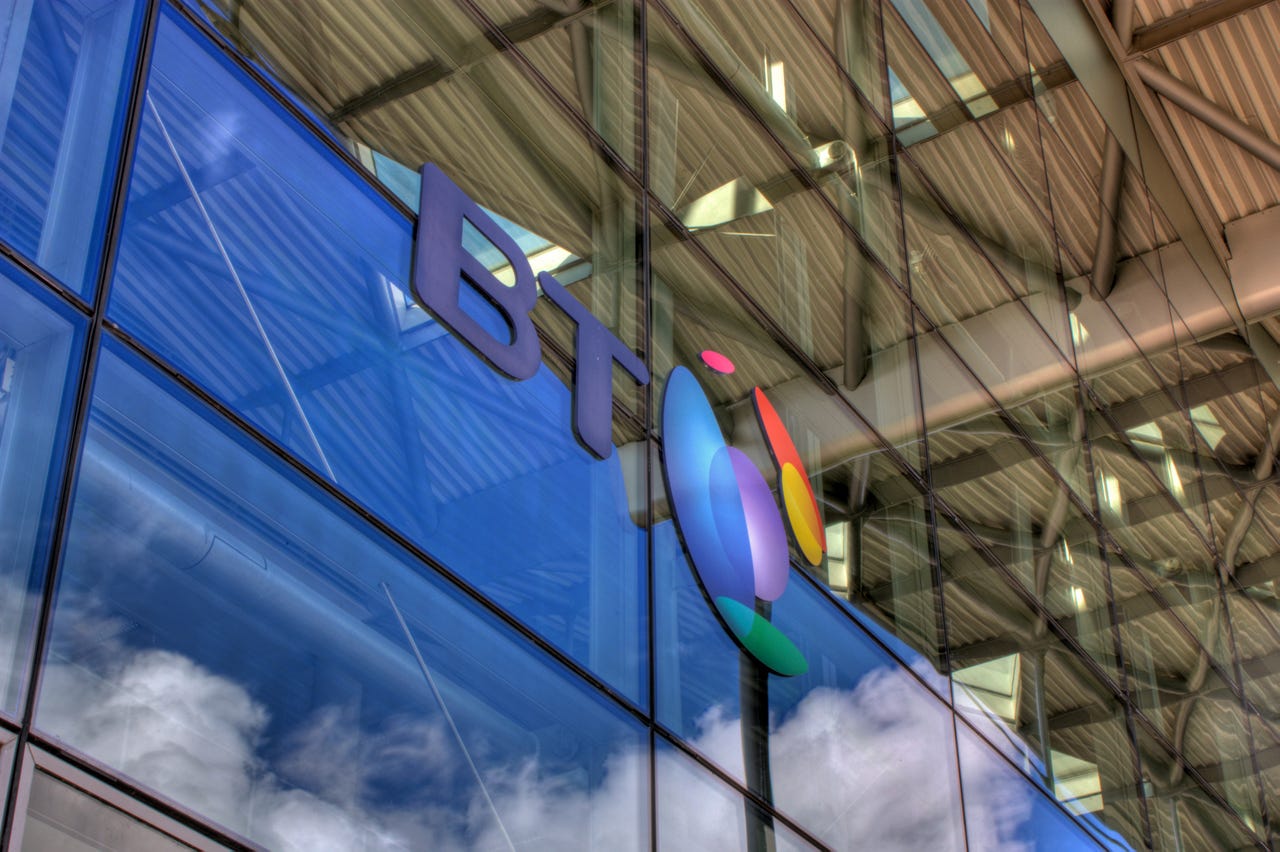BT-EE deal gets go ahead - so what's next for UK broadband?


Some believe BT should be forced to release its grip on the UK market.
Last February BT announced plans to buy its competitor EE for £12.5bn: last week the takeover was cleared by the Competition and Markets Authority (CMA).
The CMA said the merger would not result in a substantial lessening of competition in any market in the UK, including retail mobile, wholesale mobile, mobile backhaul, wholesale broadband, and retail broadband services.
The CMA's decision paves the way for BT to complete the acquisition of EE in the coming weeks, but that's not quite the end of the story.
Wholesale broadband services in the UK are largely supplied by BT, thanks to Ofcom's 2003 strategic review of broadband in the UK. At that time, it was decided that in the best interests of the consumer, the various elements of the existing BT broadband services should be combined into one unit called BT Openreach, which would provide a wholesale service to other companies (some providers also have their own fibre networks too).
The regulator Ofcom is currently looking at four options for broadband in the UK. The options range from leaving Openreach in the hands of BT through to forcing BT to sell it off.
We won't know the outcome of the Ofcom review until the end of February, but a BT spokesperson did point out that "the UK leads its major European peers in terms of superfast broadband coverage, takeup and competition, whilst prices are also amongst the lowest in Europe".
Still, some (its rivals for example) believe that BT might be forced to give up its involvement in wholesale broadband provision in the UK and leave it to others. The problem with that is, of course, working out how to manage all that infrastructure: millions of lines, many thousands of exchanges, millions of switches and routers. That issue, along with the sheer complexity of it (as anyone who has seen the inside of an exchange will attest) may well put people off.
Ovum analyst Matthew Howlett told The Telegraph such an extreme reaction could delay new installations and repairs to faults.
"A separate Openreach would cause disruption for a good few years," he said. "Full structural separation could cause chaos for customer service."
Read more about BT and telecoms:
BT's £12.5bn acquisition of EE gets provisional green light from regulator
Telcos criticise NBN's ability to discriminate for technology trials